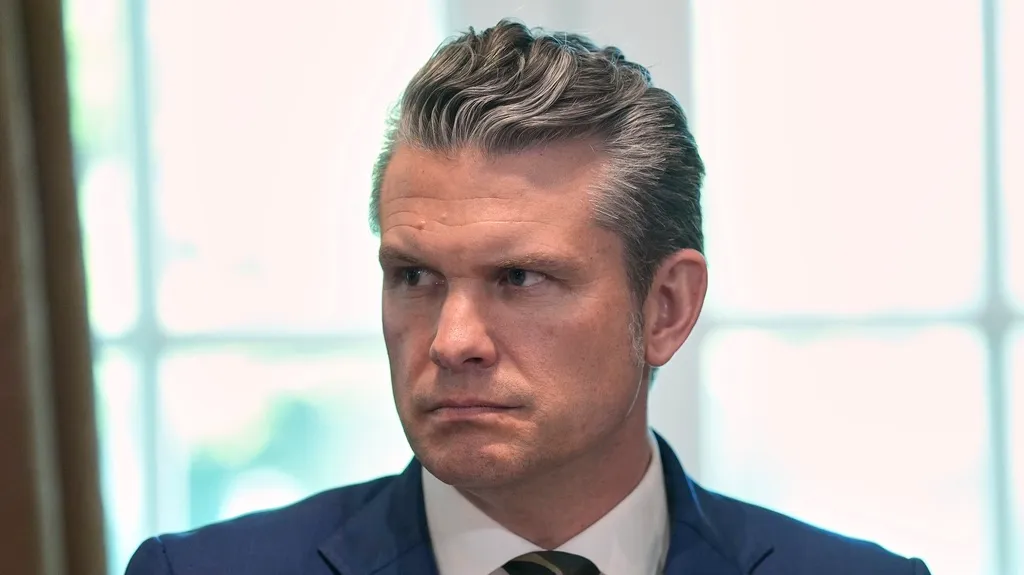July 2, 2011
Officials in Philippines City Consider Reprisals Against Gay Couples Married in Mass Ceremony
Kilian Melloy READ TIME: 3 MIN.
Gay-affirming Metropolitan Community Church carried out a mass wedding for gay and lesbian families in Baguio, the Philippines, on June 25. Now the city government is considering whether to prosecute those who participated, reported the Baguio Sun-Star on July 2.
The event was part of the city's Pride Month celebrations. The mass wedding drew sharp criticism from leaders of other religious traditions, the newspaper reported.
Before the wedding took place, a Catholic cleric, Bishop Carlito Cenzon, condemned the plan, saying, "Same-sex wedding is wrong and cannot be called a holy union," the Sun-Star reported in a June 23 article.
"We pity them, they love each other, but they cannot be wed," the bishop added.
But the wedding ceremony went forward at the Metropolitan Community Church, to the displeasure of local government officials. Eight couples were wed. Among the celebrants were a few Americans, a June 29 Philippines Today article said.
The three pastors who officiated faced threats of having their licenses to officiate at weddings yanked, CBCP News.com reported on June 29.
"Councilor Richard Cari�o said the City Council could declare a person unwelcome if he or she is found violating laws and his actions are contrary to the principles and ordinances of the city, and if his actions are oppressive to the community," the Sun-Star reported on July 2.
Cari�o indicated that the couples and Metropolitan Community Church clergy alike could face censure.
Another city council member, Edison Bilog, suggested that the city government might pass a resolution against the participants in order to level charges at them, and claimed that the wedding was in violation of Philippines law, specifically, Revised Penal Code section 352.
But attorney Cheryl Daytec said that the wedding was not a violation of any law, since it was not legally binding and not portrayed as such.
Daytec may not find much support from the local legal community. The Sun-Star reported that the city's chapter of the Integrated Bar of the Philippines had condemned the marriage ceremony and posited that the wedding was a legal infraction.
"Marriages contracted against the provisions of laws are punishable.," the Integrated Bar declared. "The Revised Penal Code of the Philippines makes punishable acts of priests or ministers of any religious denomination or sect, or civil authorities who shall perform or authorize any illegal marriage ceremony."
GLBT equality advocates refused to back down, issuing their own statement and decrying anti-gay animus.
"We believe that the combined pronouncements and actions made by the aforementioned parties are clearly discriminatory and violate the human rights of the LGBT persons, their families and entire communities," the Baguio Pride Network said in a June 30 media conference.
Though acceptance of GLBTs has been increasing in the Philippines, as in many nations globally, there are no legal protections for sexual minorities or their families. Sexual encounters between consenting adults of the same gender are not illegal, and the Philippines discarded its ban on openly gay and lesbian military members two years ago. But a statute prohibiting "grave scandal" gives authorities in the Philippines some leverage for prosecuting gays, according to a Wikipedia article.
Such laws are not uncommon. In Malawi, a gay couple was placed under arrest, jailed for months, tried, and convicted of breaking a "decency law" for celebrating what they called an "engagement party."
Steven Monjeza and Tiwonge Chimbalanga were pardoned and released shortly after sentencing, but the trauma was enough to destroy their relationship. Monjeza left Chimbalanga and reportedly took up with a woman.
The June 25 wedding was not the first time a same-sex couple has been married in the Philippines. A growing number of gay and lesbian families there have taken in recent years to celebrating their long-term commitments.
The celebrations are referred to as "holy unions," according to a Dec. 10 New York Times article. The ceremonies are also called "blessings," the article said. Such blessings, like sexual contact between consenting adults, are not illegal in the Philippines, though they do not carry any benefits under the law.
The New York Times noted that though gay couples could live together -- and gay singles are free to seek prospective partners -- without threat of legal consequences, the influence of the Catholic Church has helped prevent anti-discrimination legislation from passing in the Philippines.
Metropolitan Community Churches preach acceptance for GLBTs in many nations with anti-gay laws, including African nations, Eastern European countries, the United States, and Jamaica.
Kilian Melloy serves as EDGE Media Network's Associate Arts Editor and Staff Contributor. His professional memberships include the National Lesbian & Gay Journalists Association, the Boston Online Film Critics Association, The Gay and Lesbian Entertainment Critics Association, and the Boston Theater Critics Association's Elliot Norton Awards Committee.


